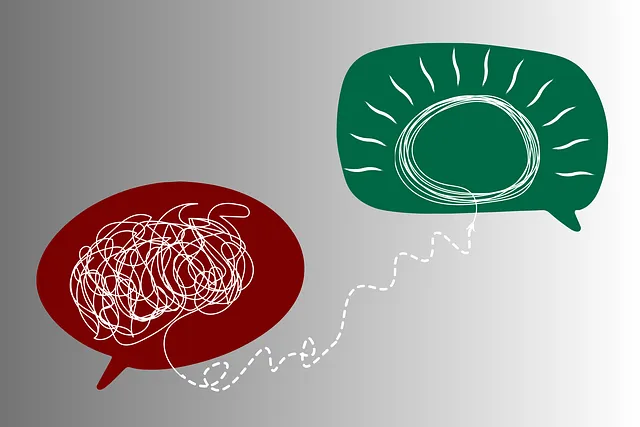Healthcare provider cultural competency training is essential in improving patient outcomes, especially in inpatient mental health settings. This article explores the significance of cultural competency in healthcare, focusing on why it matters specifically for mental health facilities. We examine Kaiser’s innovative approach to training and delve into best practices and programs that have shown success. Additionally, we discuss strategies for evaluating the impact and continuous improvement initiatives tailored for mental health facilities, with a particular focus on Kaiser’s model in Lafayette.
- Understanding Cultural Competency in Healthcare: Why It Matters for Inpatient Mental Health Settings
- Kaiser's Approach to Training: Best Practices and Programs
- Evaluating the Impact: Measuring Success and Continuous Improvement Strategies for Mental Health Facilities
Understanding Cultural Competency in Healthcare: Why It Matters for Inpatient Mental Health Settings

Cultural competency is a crucial aspect of healthcare that involves understanding and appreciating diverse cultural beliefs, practices, and values within an inpatient mental health setting. In a country as culturally diverse as the United States, where institutions like Kaiser provide a range of services, including inpatient mental health care in Lafayette, ensuring that all patients receive respectful and equitable treatment is essential. This goes beyond simply offering translation services; it requires healthcare providers to be aware of unconscious biases and cultural nuances that can impact patient interactions and outcomes.
When it comes to mental wellness, promoting self-care routine development for better mental health starts with culturally competent practices. By incorporating positive thinking and mindfulness techniques tailored to individual cultural backgrounds, mental health professionals can foster an environment where patients feel heard, understood, and supported. This, in turn, enhances treatment adherence and improves overall patient satisfaction, demonstrating the significant role cultural competency plays in providing quality care within inpatient mental health facilities.
Kaiser's Approach to Training: Best Practices and Programs

Kaiser, a healthcare provider known for its comprehensive services, has pioneered innovative approaches to cultural competency training. Their program focuses on fostering understanding and empathy among medical staff, aiming to improve patient care, especially in diverse communities like Lafayette where inpatient mental health services are in demand. The training involves interactive workshops, case studies, and role-playing scenarios that highlight the importance of cultural sensitivity.
One standout initiative is their Mindfulness Meditation program, which teaches healthcare workers techniques to reduce stress and enhance emotional intelligence. Additionally, the Mental Wellness Podcast Series Production offers a unique way to engage staff with stories from diverse patients, promoting a deeper understanding of mental health challenges. By incorporating Mind Over Matter Principles, Kaiser ensures that training is both informative and practical, empowering employees to create more inclusive and effective treatment plans.
Evaluating the Impact: Measuring Success and Continuous Improvement Strategies for Mental Health Facilities

Evaluating the impact of cultural competency training is paramount for mental health facilities, such as Kaiser’s inpatient unit in Lafayette. Success isn’t merely measured by attendance or satisfaction surveys; rather, it involves tracking concrete improvements in patient outcomes and staff interactions. Key performance indicators (KPIs) could include reduced readmission rates, increased patient engagement in care plans, and enhanced cultural sensitivity demonstrated through staff communications and case management.
Continuous improvement strategies should build upon initial training by implementing Mental Wellness Coaching Programs that empower staff to navigate diverse cultural backgrounds. Community Outreach Program Implementation can further foster understanding and trust among various communities. By promoting Mental Health Awareness, these efforts not only improve patient care but also create a more inclusive and supportive environment for both patients and providers within the facility, reflecting Kaiser’s commitment to exceptional mental health services in Lafayette.
Cultural competency training, as exemplified by Kaiser’s innovative programs, is a game-changer in healthcare, especially for inpatient mental health settings. By fostering understanding and empathy among providers, these initiatives significantly enhance patient care and outcomes. Evaluating their impact through robust measurement strategies ensures continuous improvement, ultimately creating more inclusive and effective treatment environments, such as those found in Kaiser’s facilities, including its inpatient mental health centers in Lafayette. This approach underscores the importance of cultural competency in modern healthcare, paving the way for improved access and quality of care for all patients.






